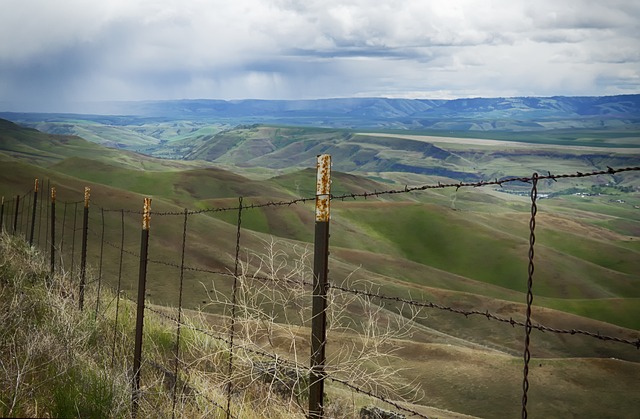High-CBD THCA hemp flower has gained prominence in the therapeutic cannabinoid market due to its non-psychoactive nature and a range of health benefits. It's rich in CBD and THCA, which synergistically enhance the entourage effect for potential relief from pain, anxiety, and mood disturbances. This hemp variety is reported to be particularly effective without the intoxicating effects associated with traditional THC products. Its cultivation requires careful selection of strains, optimization of growing conditions, and attention to detail to ensure high levels of beneficial cannabinoids. As a result, it's becoming an increasingly popular alternative for those seeking wellness benefits from cannabinoids. Ongoing research is uncovering the full therapeutic potential of THCA, highlighting its significance as a natural option for health concerns. When sourcing high-CBD THCA hemp flower, consumers should look for reputable cultivators who practice organic farming in optimal conditions, with lab test results to confirm cannabinoid levels for legal compliance and effective use. The quality is also determined by the terpene profile, plant health, and consistent batch production, all of which contribute to the entourage effect and overall product reliability.
Discover the transformative potential of High-CBD THCA hemp flower, a natural wonder with a myriad of therapeutic benefits. This article delves into the intricacies of this non-psychoactive cannabinoid, unveiling its healing properties and the science that makes it a standout in wellness regimens. We’ll guide you through sourcing the finest quality High-CBD THCA hemp flower, exploring cultivation methods for those looking to grow their own, and understanding the legal framework surrounding its use. From the entourage effect’s role to the detailed analysis of its terpene profile, this comprehensive exploration will empower you with knowledge on how to safely incorporate High-CBD THCA hemp flower into your health routine. Join us as we examine the similarities, differences, and potential benefits of CBD and THCA, and consider the future implications for alternative medicine.
- Unraveling the Potential of High-CBD THCA Hemp Flower
- The Science Behind THCA and Its Healing Properties
- Sourcing Quality High-CBD THCA Hemp Flower: What to Look For
- Cultivation Methods: Growing Your Own High-CBD THCA Hemp Flower
Unraveling the Potential of High-CBD THCA Hemp Flower
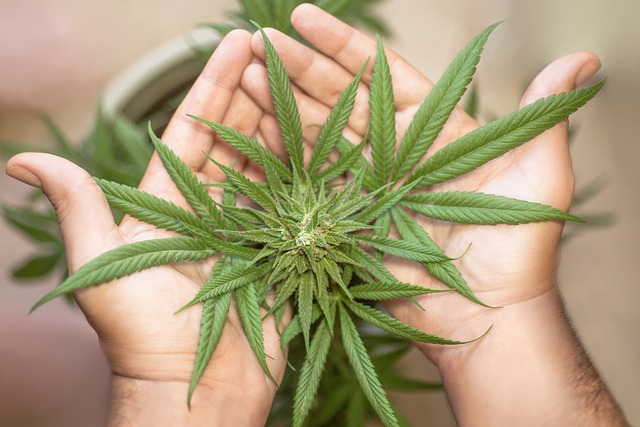
High-CDMA (cannabidiolic acid) THCA (tetrahydrocannabinolic acid) hemp flower has garnered significant attention in recent years due to its unique cannabinoid profile and therapeutic potential. Unlike its psychoactive counterpart, Delta-9 THC, THCA is non-psychoactive but exhibits a range of beneficial properties. High-CBD THCA hemp flower contains higher concentrations of CBD and THCA, offering a synergistic effect that can be harnessed for various wellness applications. The entourage effect, a phenomenon where cannabinoids work together to amplify their therapeutic effects, is particularly pronounced in high-CBD THCA hemp flower, making it a subject of interest for researchers and consumers alike.
The potential benefits associated with high-CBD THCA hemp flower are vast, including its reported anti-inflammatory, analgesic, and anxiolytic properties. Users often report its effectiveness in managing pain, reducing anxiety, and improving overall mood without the intoxicating effects associated with THC. The cultivation of high-CBD THCA hemp flower has become a specialized process, requiring careful selection of strains and optimal growing conditions to maximize the concentrations of these beneficial compounds. As such, this type of hemp flower is becoming an increasingly popular choice for those seeking the therapeutic benefits of cannabinoids without psychoactive side effects.
The Science Behind THCA and Its Healing Properties
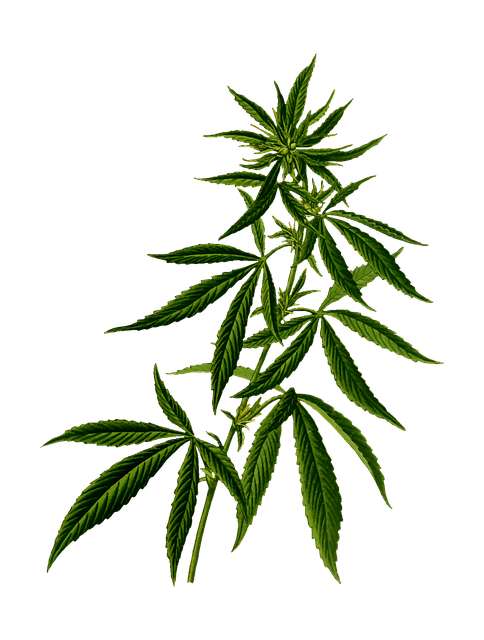
High-CBD THCA hemp flower has garnered significant attention in the realm of natural medicine due to its potential healing properties. Tetrahydrocannabinolic acid (THCA) is the raw, non-psychoactive precursor to the well-known compound THC found in cannabis sativa. Research suggests that THCA interacts with the body’s endocannabinoid system, a complex cell-signaling system identified as a key regulator of physiology and homeostasis. This interaction may offer therapeutic benefits across a spectrum of conditions without the psychoactive effects typically associated with THC. Studies have indicated that high-CBD THCA hemp flower could contribute to the alleviation of pain, inflammation, anxiety, and nausea, among other ailments. The anti-inflammatory and neuroprotective properties of THCA are particularly noteworthy, with ongoing research continuing to unveil its potential in treating various health issues. The antiemetic qualities of THCA have also been observed, offering a promising alternative for individuals suffering from nausea and vomiting, particularly those undergoing chemotherapy or living with gastrointestinal disorders. As scientific exploration into the cannabinoid spectrum deepens, high-CBD THCA hemp flower stands out as a potentially valuable addition to integrative health practices.
Sourcing Quality High-CBD THCA Hemp Flower: What to Look For
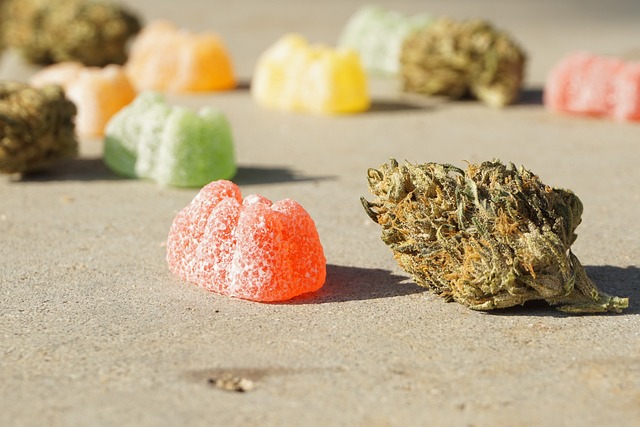
When sourcing high-CBD THCA hemp flower, the focus should be on quality and potency. High-CBD strains are known for their therapeutic benefits without the psychoactive effects associated with higher levels of THC. To ensure you’re getting a product that meets your needs, it’s crucial to look for several key factors. Firstly, consider the hemp flower’s origin and the reputation of the cultivator. High-quality CBD hemp flourishes in specific climates and soil conditions; thus, reputable growers who prioritize organic farming practices are more likely to produce a superior product. Additionally, examine the lab test results provided by the manufacturer. These reports should confirm the cannabinoid profile, with high levels of CBD and minimal THC content, ensuring that the product is legally compliant and effective for its intended use. Furthermore, the terpene profile and overall plant health can be indicators of quality. Terpenes contribute to the entourage effect and influence the flavor and aroma, enhancing the experience. It’s also beneficial to choose a supplier who offers consistent batches, as this indicates a well-managed cultivation and production process. By focusing on these aspects, you can confidently select a high-CBD THCA hemp flower that aligns with your health goals and provides the desired effects without intoxication.
Cultivation Methods: Growing Your Own High-CBD THCA Hemp Flower
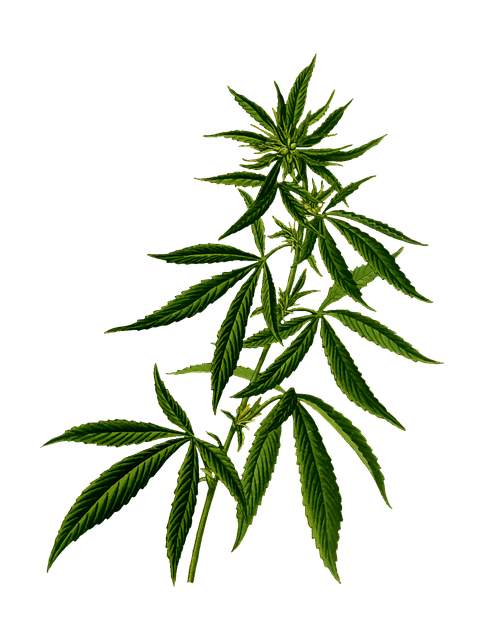
Cultivating high-CBD THCA hemp flower requires a meticulous approach, tailored to optimize the cannabinoid profile for therapeutic benefits. Unlike its psychoactive cousin, THC-rich cannabis, high-CBD strains are prized for their potential health effects without the intoxicating properties. A successful cultivation begins with selecting the right genetics. Opt for proven high-CBD hemp flower seeds that have demonstrated consistent production of CBD in various growing conditions.
Once the seeds are sown, the environment becomes paramount. High-CBD THCA hemp flourishes best under specific conditions: a balanced soil pH, rich in organic matter; ample sunlight for photosynthesis without being overpoweringly intense; and consistent temperatures that neither stress nor stunt growth. Regular monitoring of nutrient levels and moisture content is crucial to prevent nutrient burn or drought stress, both of which can negatively impact CBD production. Additionally, a consistent light cycle, with longer days (18 hours of light) followed by a gradual reduction as the flowers mature, encourages the synthesis of THCA, the precursor to CBD. Harvesting should be done at peak maturity, when the flower’s resin glands are fully developed and contain optimal levels of CBD, ensuring a potent and effective product for those seeking the therapeutic benefits of high-CBD THCA hemp flower.
In our exploration of the high-CBD THCA hemp flower, we’ve delved into its scientific basis, uncovered the potential of this unique botanical, and provided insights on selecting and cultivating this promising variety. The evidence suggests that high-CBD THCA hemp flower holds significant promise for those seeking natural wellness solutions. As the cultivation and availability of this hemp derivative continue to expand, consumers and researchers alike can anticipate a deeper understanding of its healing properties. With careful selection of quality sources and attention to optimal growing conditions, the high-CBD THCA hemp flower stands out as a noteworthy plant for wellness applications, offering a promising alternative for those interested in its potential benefits.
